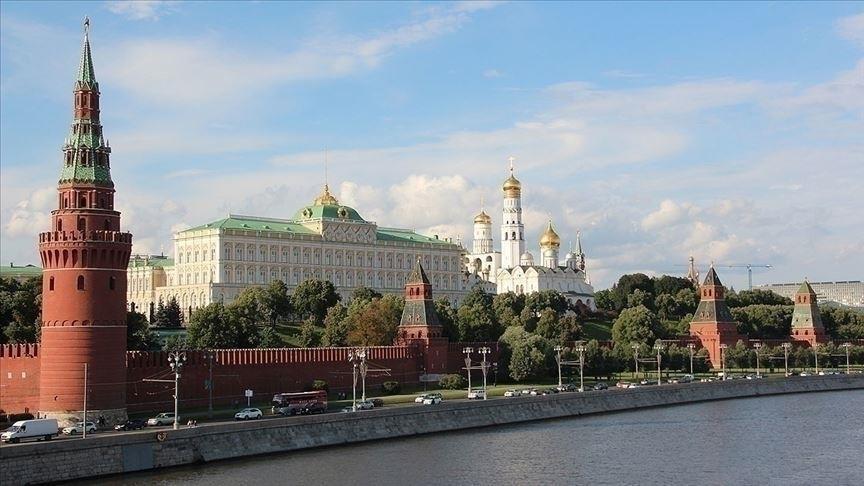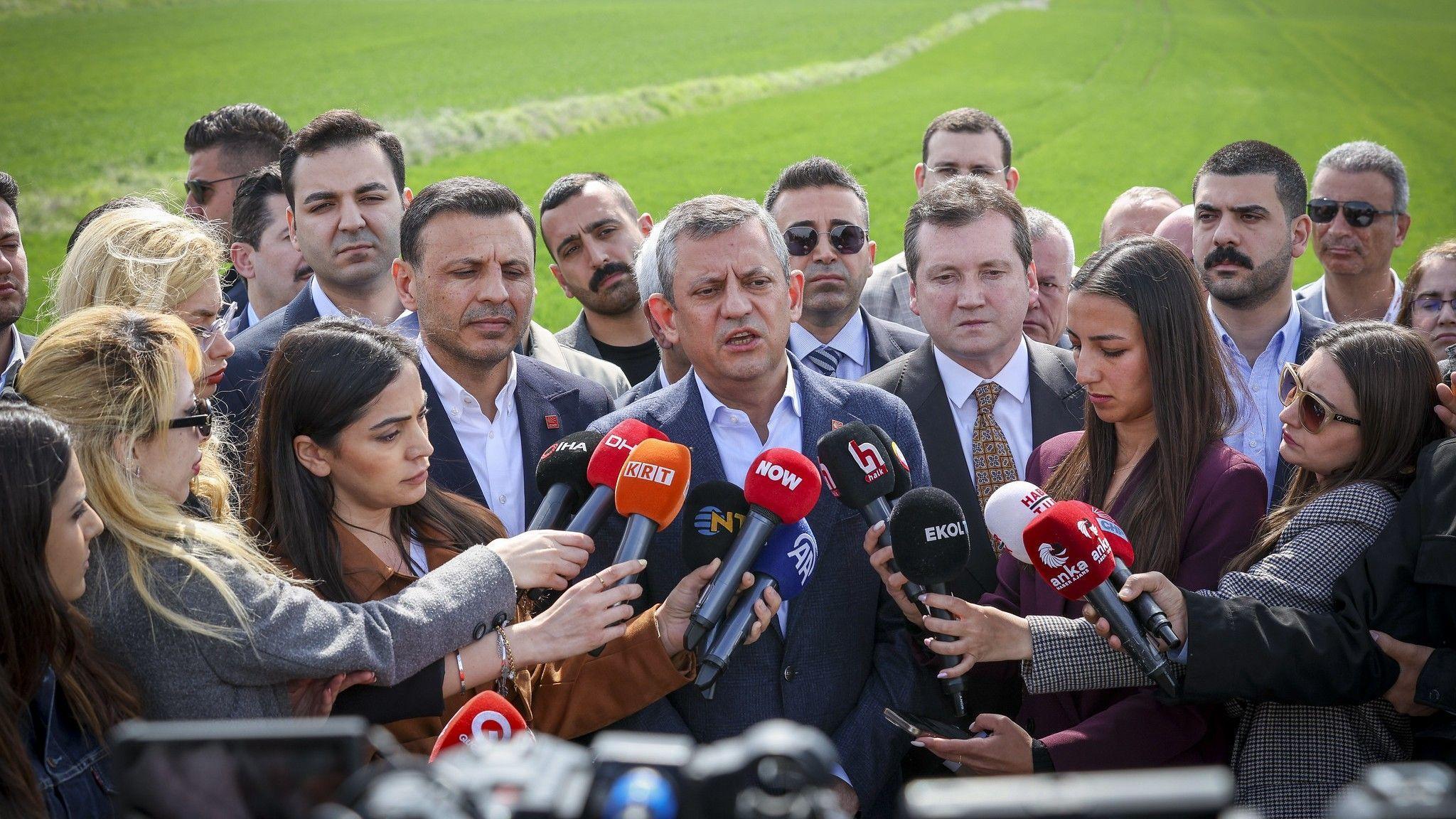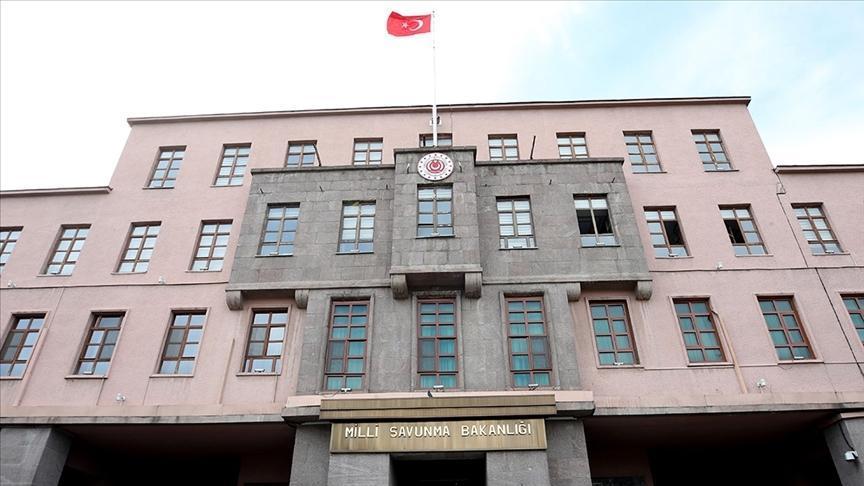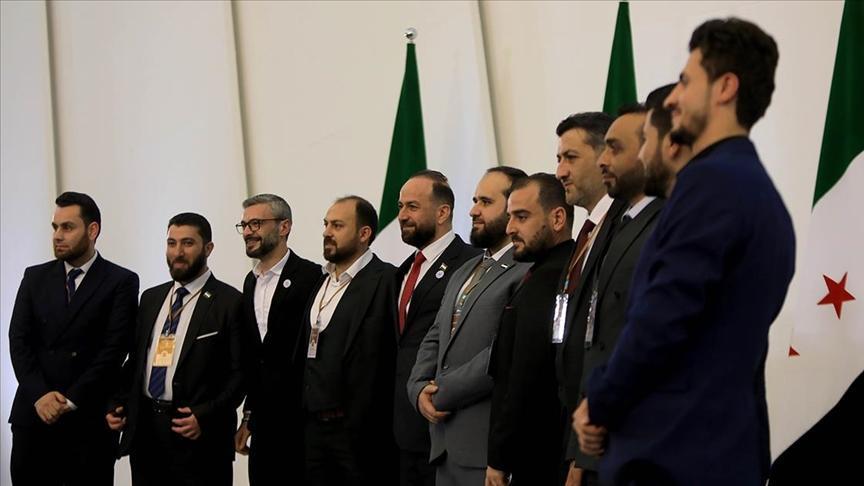Economic concerns make Turks suffer, not politics
WASHINGTON
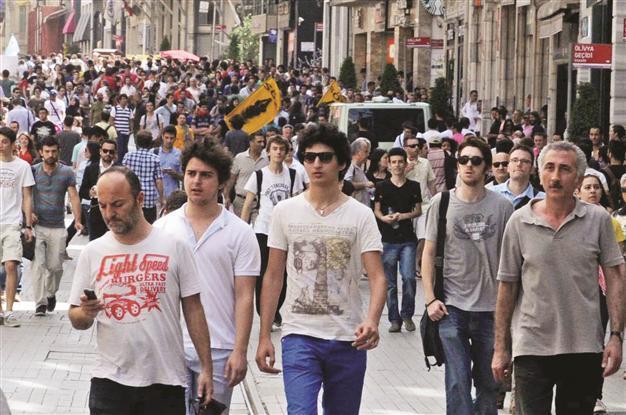
One in three Turks considers themselves ‘suffering’ due to economic economic factors, according to a poll. DAILY NEWS photo
More than one in three Turks considers themselves “suffering,” while major factors affecting their happiness levels are likely to be economic rather than political, a poll has shown.Gallup conducted research amid the recent anti-government protests staged in the country this year, revealing that 35 percent of Turks describe themselves as “suffering” and are not satisfied with their lives.
Gallup classifies respondents as “thriving,” “struggling,” or “suffering,” according to how they rate their current and future lives on a ladder scale with steps numbered from 0 to 10 based on a scale. The same survey conducted last year showed only 18 percent of Turks as “suffering.”
Despite the heated political environment in the country at the time of the protests, the research suggested political factors such as the growing frustration over Prime Minister Erdoğan’s policies were less likely to be contributing to the rise in suffering than economic factors.
The analysts reached this conclusion based on the fact that “suffering” levels among both supporters and opponents of the prime minister had risen considerably. “Among Turks who are confident in the national government, suffering increased to 30 percent from 12 percent, while suffering increased to 41 percent from 25 percent among government critics,” Gallup said.
According to survey results, increasing numbers of Turks, living in large cities as well as small towns and rural areas, are struggling to finance themselves and their households. The survey also showed that there was little hope that things would get better, as respondents said they thought the country’s economic prospects were gloomy.
“Three-quarters, 76 percent, of city dwellers now rate current economic conditions in Turkey as ‘only fair’ or ‘poor,’ up from 57 percent in 2012,” it said, noting that the rise in the number of rural Turks who are downbeat about economic conditions was not statistically significant.



